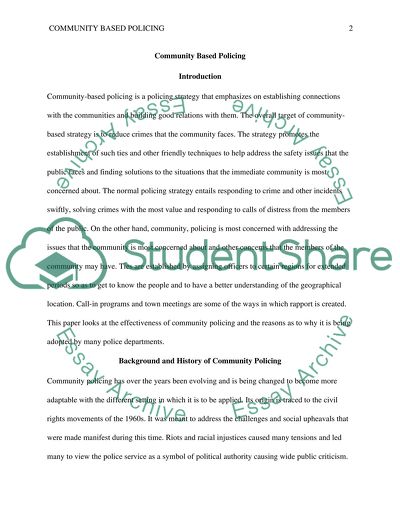Cite this document
(The Rise of Militarization of American Police Term Paper, n.d.)
The Rise of Militarization of American Police Term Paper. Retrieved from https://studentshare.org/social-science/1665847-the-raise-of-militarization-of-american-police
The Rise of Militarization of American Police Term Paper. Retrieved from https://studentshare.org/social-science/1665847-the-raise-of-militarization-of-american-police
(The Rise of Militarization of American Police Term Paper)
The Rise of Militarization of American Police Term Paper. https://studentshare.org/social-science/1665847-the-raise-of-militarization-of-american-police.
The Rise of Militarization of American Police Term Paper. https://studentshare.org/social-science/1665847-the-raise-of-militarization-of-american-police.
“The Rise of Militarization of American Police Term Paper”, n.d. https://studentshare.org/social-science/1665847-the-raise-of-militarization-of-american-police.


